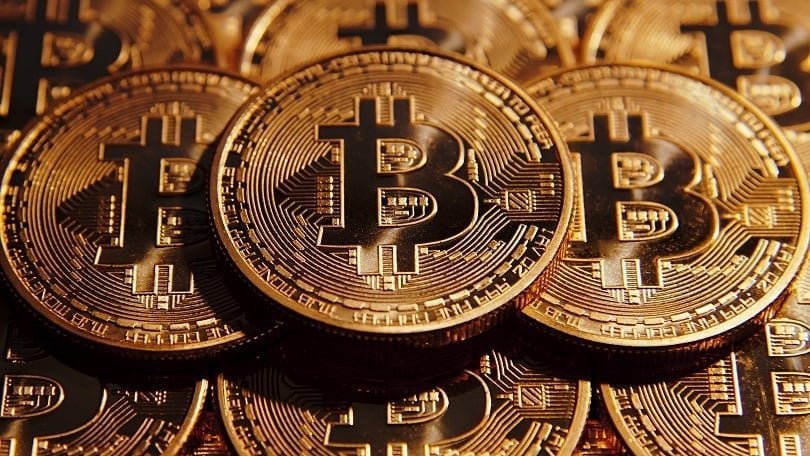Crypto Exchanges Allow Russians to Circumvent Sanctions – A blockchain forensics report has indicated that prominent cryptocurrency exchanges have been unable to stop sanctioned Russian banks and traders from conducting transactions. Inca Digital, a blockchain analytics firm, has released a report indicating that some of the world’s largest digital asset exchanges are struggling to prevent Russian banking institutions, which are under sanctions, from operating on their platforms.
The report, released on the first anniversary of Moscow’s invasion of neighboring Ukraine, highlights that traders can still use debit cards from sanctioned Russian banks, including the state-owned Sberbank, to trade on the peer-to-peer platforms of two Seychelles-based exchanges, Huobi and Kucoin, despite sanctions imposed by the U.S., Canada, U.K., and the European Union. Bloomberg and Politico have both cited the research.
People Also Read: Crypto Market Slides as Total Value Locked in Defi Falls Below $50 Billion Mark
According to Inca CEO Adam Zarazinski, the two exchanges do not receive funds from the blacklisted banks, but enabling crypto buyers to trade with each other using accounts from sanctioned institutions constitutes a “direct violation of U.S. and European sanctions with a little bit of a loophole.” The exchanges have not yet responded to the report’s findings.
The investigation analyzed information from 163 crypto trading platforms, which included centralized and decentralized exchanges, as well as P2P and OTC service providers. Almost half of them enable Russian nationals to purchase digital currencies, with varying requirements for know-your-customer (KYC), trading limits, and geolocation tools.
For instance, Bybit, a Singapore-based platform, permits users to convert rubles to crypto on its P2P platform and make fiat deposits, including via “any Russian-issued card.” The report has also identified potential vulnerabilities with Binance, which is the market leader in terms of daily trading volume.
The authors have pointed out that the exchange provides “several avenues for Russians to convert their local currency into cryptocurrency,” including its OTC and P2P marketplaces, which are available to them without undergoing any KYC checks for transactions valued up to $10,000.
Chagri Poyraz, global head of sanctions at Binance, stated that the exchange is a “full-KYC platform and was the first major exchange to implement EU crypto-related sanctions. Our P2P team takes the extraordinary added step of filtering any forms of communication between users to ensure there is absolutely no potential nexus with Russian entities through any sort of workaround,” he emphasized.
People Also Read: IMF Board Offers Guidance for Developing Effective Crypto Policies
The research has highlighted the utilization of Tether to evade Western sanctions on Russia, citing an increase in conversations on Russian social media about using the stablecoin for remittances. The CEO of Inca Digital stated that Tether is frequently employed by Russians to transfer money out of the country. Over the last few months, both Binance and Tether have come under regulatory scrutiny.




